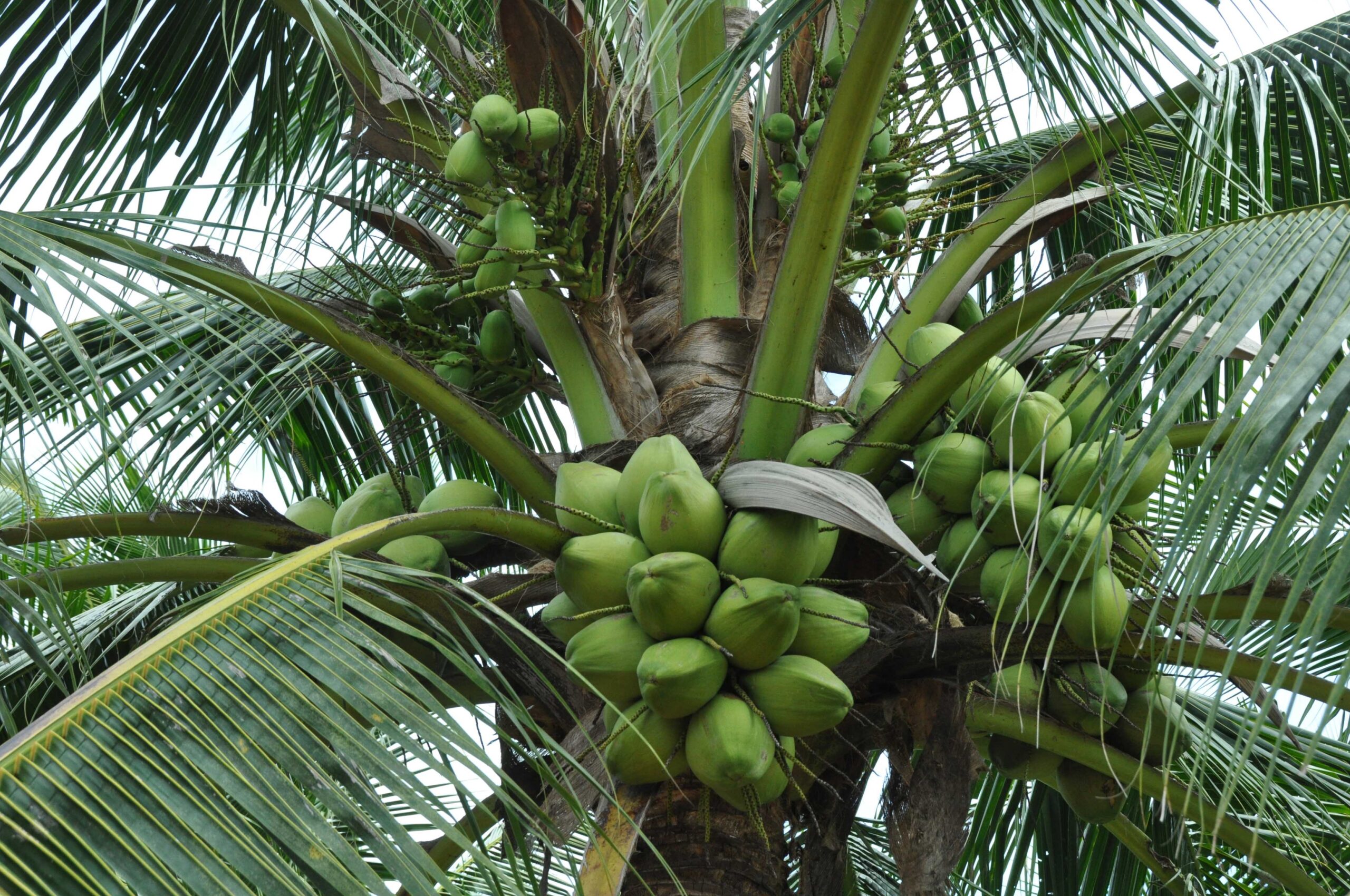The coconut palm, often called the “tree of life,” holds a special place in the hearts and cultures of tropical regions worldwide. Revered for its versatility and myriad uses, the coconut and its derivatives have been cherished for centuries for their culinary, medicinal, and practical applications. Let’s explore the importance of this remarkable fruit and its numerous health benefits.
Historical and Cultural Significance:
Coconuts have been integral to the diets, traditions, and economies of tropical regions for millennia. Indigenous cultures across Southeast Asia, the Pacific Islands, and beyond have revered the coconut palm as a symbol of sustenance, fertility, and hospitality. From food and shelter to medicine and ceremony, coconuts have played a vital role in the daily lives and cultural practices of these communities.
Nutritional Composition:
Coconuts are nutritionally dense, offering a unique combination of essential nutrients and health-promoting compounds. The meat of the coconut is rich in healthy fats, predominantly medium-chain triglycerides (MCTs), which are easily metabolized by the body for quick energy. Coconut water, the refreshing liquid found inside young coconuts, is a natural source of electrolytes, vitamins, and minerals, including potassium, magnesium, and vitamin C.
Health Benefits:
- Heart Health: Despite being high in saturated fat, the MCTs found in coconut have been shown to have a neutral or beneficial effect on heart health. Studies suggest that MCTs may help raise levels of good cholesterol (HDL) and improve overall cholesterol profiles, reducing the risk of heart disease.
- Weight Management: The MCTs in coconut have been studied for their potential to promote weight loss and fat burning. MCTs are more readily converted into energy than other types of fats, which may help boost metabolism and support weight management efforts when consumed as part of a balanced diet.
- Digestive Health: Coconut contains dietary fiber, which supports digestive health by promoting regular bowel movements, preventing constipation, and feeding beneficial gut bacteria. Additionally, coconut water is naturally hydrating and can help prevent dehydration, particularly in hot climates or during physical activity.
- Immune Support: Coconut is rich in antioxidants, which help neutralize harmful free radicals in the body and reduce oxidative stress. Antioxidants support immune function, protect cells from damage, and may reduce the risk of chronic diseases such as cancer and heart disease.
- Skin and Hair Care: Coconut oil is prized for its moisturizing and nourishing properties, making it a popular ingredient in skincare and haircare products. Applied topically, coconut oil can hydrate skin, soothe irritation, and promote healthy hair growth, thanks to its antimicrobial and anti-inflammatory properties.
Culinary and Practical Uses:
Coconut is incredibly versatile in the kitchen, lending its distinct flavor and texture to a wide range of dishes and cuisines. From coconut milk and cream in curries and soups to shredded coconut in desserts and baked goods, the culinary possibilities are endless. Additionally, coconut oil is a popular cooking oil and alternative to butter or other fats in recipes.
Beyond its culinary uses, coconut has practical applications in traditional medicine, skincare, and household products. Coconut husks, shells, and fibers are used to make ropes, mats, and other handicrafts, while coconut oil is a staple in natural remedies and beauty treatments.
Conclusion:
In conclusion, the coconut is not just a tropical fruit but a nutritional powerhouse with a rich history and myriad health benefits. From supporting heart health and weight management to promoting digestive health and immune function, coconut offers a wealth of advantages for overall well-being. Whether enjoyed in culinary creations, applied topically for skincare, or used in practical applications, the coconut continues to be celebrated for its versatility and contributions to human health and happiness.


